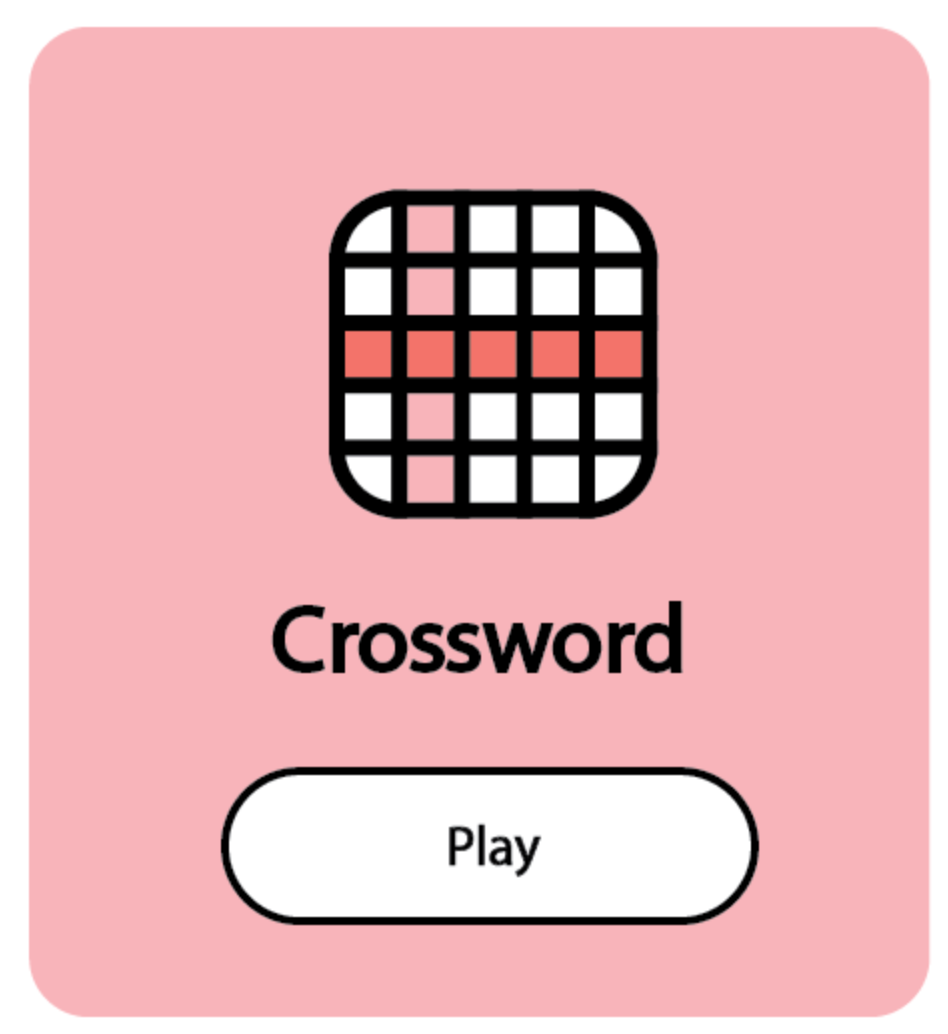
October 28 marked the release of Tyler, the Creator’s seventh studio album CHROMAKOPIA. The album’s release came as a surprise to fans, as Tyler Okonma has been on a consistent trend of dropping an album every two years since his self-released album Bastard in 2011.
The album’s title comes from a combination of the word “chrome,” meaning vividness or saturation of color, and “copia/kopia,” the Latin suffix for abundance. The album cover, however, paints a vastly different picture; the bright colors typical of Okonma’s albums are replaced by an array of grays and a mask covering everything but the singer’s eyes.
That being said, this album is nothing if not vivid. In a live performance days after the album’s release, Okonma told a screaming crowd in Atlanta on October 30 that this album was his most emotionally intimate. He explained that “it’s so honest that I think I had to wear a mask of my own face to get some of that shit out.” This vulnerability guides listeners through the new work.
The dominant theme of the album is Okonma’s fear of adulthood, represented visually in his music videos by the white and grays that both physically and emotionally restrict him. His character, St. Chroma, is introduced to listeners on the very first track and works to fight through this fear and restore the color to Okonma’s life, later showcased through his beautiful display of a vivid green suit and light pink tie. This could also be a muted reference to Black Greek Life, as the oldest Divine Nine sorority, Alpha Kappa Alpha, sports the exact same shades.
His vulnerability around adulthood is highlighted in songs like “Hey Jane,” where he opens up about his paranoia about becoming a father when he had no example of fatherhood himself. The song title is not only talking about a girl under the alias “Jane” whom he impregnated, but the name of a reproductive healthcare company providing abortion-related services. The confinement he would feel as a parent emerges in “Tomorrow.” Okonma’s concern for public scrutiny is another intense theme showcased in songs like “Darling, I” and “Judge Judy.” Here he plans out his defense mechanism against romantic and parental commitment: falling in love with new people!
But aside from the lyrical vulnerability Okonma reveals to his audience on this album, the most prevailing matter is how Black the album really is.
Okonma’s 2017 album Flower Boy came under intense scrutiny from many of his Black fans after its release, as many argued that his features of white artists like Anna of the North and Rex Orange County and pop-centric tracks like “See You Again” and “Boredom” appealed to a mostly white audience. This was disappointing for fans who adored the unbounded anger and raw emotion displayed in his prior songs like “Tron Cat” from 2013’s Goblin and half of the songs on his 2015 album Cherry Bomb.
But this album is different, and the fans can tell. CHROMAKOPIA promotes a largely Black feature list and displays many moments of Black childhood nostalgia. From the larger themes of sexual depravity due to homophobia and its ties to intense religious practice in “Take Your Mask Off,” to the burning and chemical manipulation of Black hair in its natural state in “I Killed You,” it is clear that Okonma wrote this album to channel the Black audience that has underscored his entire career.
The Blackness of this album seeps out of more than just the lyrics; the production screams it too. The most vivid example is in one of the album’s most popular songs, “Sticky.” Okonma’s personal choice to not add the features to streaming platforms until days after its release might have made the feature artists on this track elusive for some. However, for his Black listeners, the distinctiveness of GloRilla, Sexyy Red and Lil Wayne’s voices were instant, with many people calling this song the assembly of the “Ghetto Avengers.” Doechii, Daniel Caesar and LaToiya Williams were some of the other Black artists who added to the robust, pro-Black sound that fine-tuned this album for Okonma’s audience.
On top of that, the opening of this song is brilliantly layered. In the first 60 seconds, a beat and claps culminate on top of a singular whistled riff. This slow, yet communal effort towards the beat, plus the short 8-bar features for each artist, reeks of a cafeteria freestyle. The drop-in brass feature halfway through the song is remnant of a horn section prized in an HBCU band. It’s the type of song that Majorette dancers dream of. These moments of instant connection using these Black cultural gems throughout the album is what keeps his core Black listeners streaming again and again.
Lastly, as a long-time Okonma listener, I couldn’t help but mention his numerous ties back to his previous albums and the cycles of his life that end in this new installment. His lyrical recycling of the chorus from 2023’s “DOGTOOTH” in his new song “Judge Judy” reminds listeners of his teasing of the chorus of “SWEET/I THOUGHT YOU WANTED TO DANCE” in Flower Boy’s “I Ain’t Got Time!”
“Judge Judy” also has aural vestiges of “WILSHIRE” from Call Me if You Get Lost (CMIYGL), with both songs explaining a period of his love life and his subsequent disappointment, over a relatively cheery backing track.
Okonma’s pattern of paying homage to his own discography isn’t new, however. Going beyond lyrics, CHROMAKOPIA closes out one of the biggest emotional arcs in Okonma’s career: his anger and resentment toward his absent father. This thematic trail goes all the way back to his 2013 album Wolf, most notably with the song “Answer” where he describes the lack of communication reciprocation with his father and how he wished he would pick up his calls.
This raw anger Okonma held towards his dad is put into heavy question at the end of “Like Him,” which is arguably the most emotional song on this album. The song describes his mother’s physical comparisons to his absent dad, which precedes Okonma’s desperation that’s summed up in the lyric “Mama, I’m chasing a ghost, I don’t know who he is.” The track concludes with his mother’s confession that his dad did always want to be a part of his life and she had consistently worked to prevent them from connecting.
Hearing this at 33-years-old sums up the fear of parenthood that Okonma describes on this album. With lines like, “I don’t like cages, I’d rather be flooded,” and, “So as of now raising a child is not on my wishlist; neither is being safety net for bullshit, I’m too selfish,” Okonma allows himself to break out of the incarceration that parenthood means for him through the colorful transformation of his music videos. As the color is regained, he is reaffirmed in his island of self-reliance.
This self-reliance is spelled out in the finale song, “I Hope You Find Your Way Home,” where he describes his dream car and European ventures that replace the socially-accepted success of a family unit many of his friends and family members desire. The heteronormative pressure to achieve this stereotypical family unit is noted in his final line of the album, “I’m that n— and that bitch,” representing the most observable nod to his bisexuality in his entire discography.
This album is easily the best culmination of Tyler, the Creator’s authenticity and vulnerability. His many references to Black culture and its musical excellence set the stage for a new era of Okonma, one so vulnerable that he had to wear a mask to peel back his emotional layers.


